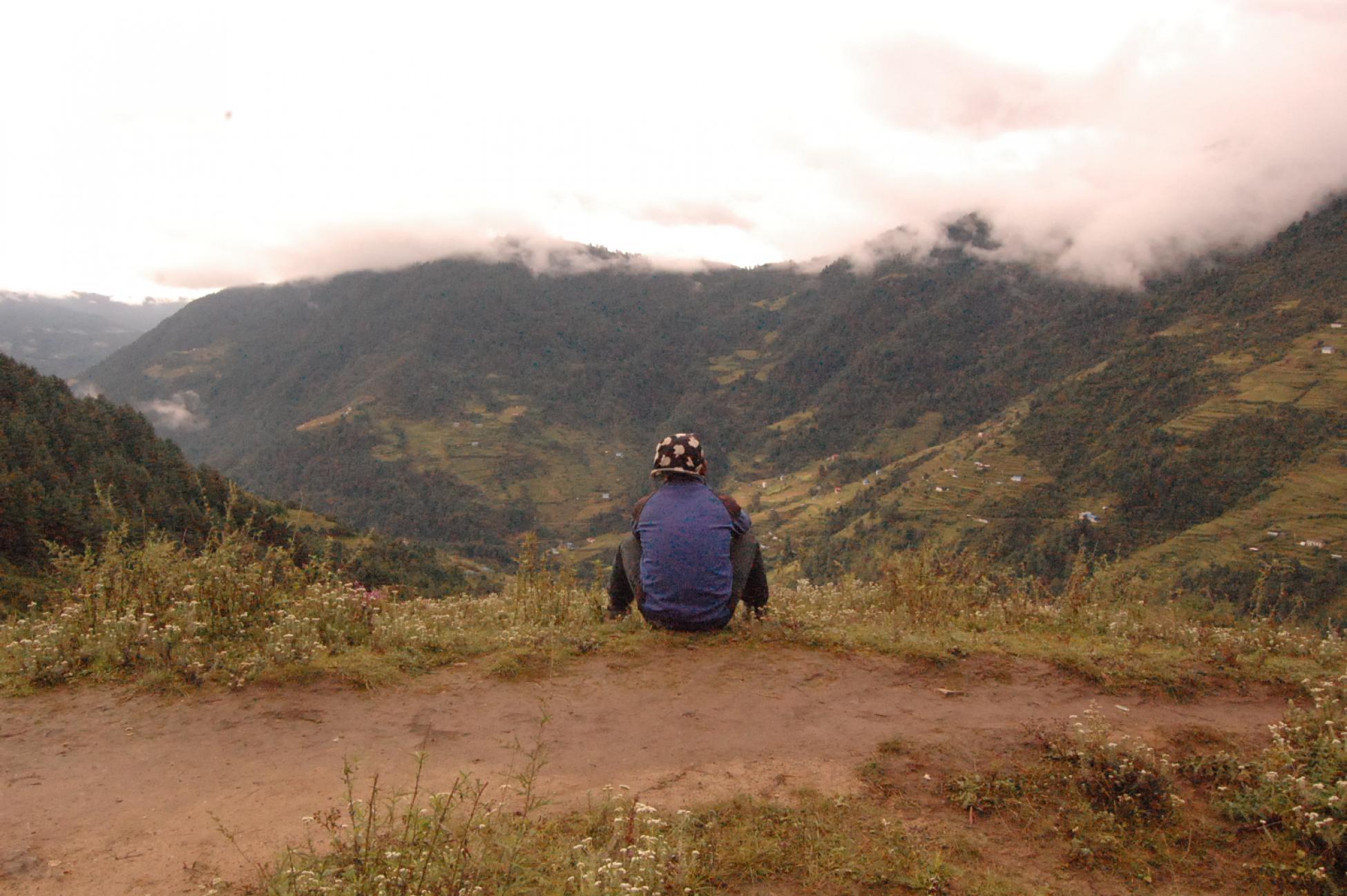I slowly sipped my tea, seeking comfort in the delicate flavours against the backdrop of the desert night.
A series of shouts erupted from the courtyard beneath my window. However, I was not alarmed; this was a regular occurrence. The noise was often drunken souls stumbling home, excited chatter from new arrivals, or the booming bellows of local Aboriginals.
Suddenly, a bloodcurdling scream cut through the air. Eventually, I could decipher the words emitted between the heart-wrenching sobs: "Help me! Help me!"
The immense pain behind these words hung heavily in the air. A lady had suffered a cardiac arrest and lost her struggle for life. Hotel room number 28 would never be the same again.
Goodbyes can be agonizing, especially unexpected goodbyes such as this. Those despairing cries will remain forever imprinted in my memory. This tragic incident made me reflect on all of the goodbyes I have said as I prepare to leave the outback. While challenging, none compare to the act of a final farewell.
Practising the art of saying goodbye builds my resilience to emotional situations and develop my ability to let go.
Saying goodbye is part and parcel of travel. My time in a place is limited, but that doesn't mean that meaningful connections cannot happen. I have been astounded by how quickly I bond with people while I travel.
That's why saying goodbye is so hard. Saying farewell means I might never see this person again. Connecting online or writing letters is not the same as sharing the same physical space and routine.
Saying goodbye never gets any easier, but here are some steps I take to make the journey a little smoother.
1. Stop using the word "goodbye"
I refuse to use the word goodbye. I prefer to say "see you later." (I might even add "alligator" at the end if I want to truly embrace my geographical location.)
2. Do not avoid saying a proper goodbye
I do not want to be filled with regret on the long bus journey out of the desert. If I do not say a proper goodbye to those I have become close to, it will linger in my mind.
Before departing from a place, I like to take the time to write farewell letters. These allow me to share what the experience has meant to me without blubbering incoherently in the process.
3. Approach "goodbyes" as an opportunity
As a traveller, it is inevitable that I will have to say goodbye. Life on the road fluctuates wildly. I do not get to dictate how long a person remains in my life. It can vary from a mere moment to a few weeks or even years. It is unnatural for me to try and prolong any experience indefinitely. To cling to a place or an experience is also unnatural.
Ultimately, I am never ready to say goodbye or ready to change. Regardless, it happens. Practising the art of saying goodbye builds my resilience to emotional situations and develop my ability to let go.
As my time in the outback comes to an end, I did not anticipate that it would be so hard to leave a dusty little town in the middle of nowhere. The thought of leaving really breaks my heart. Goodbyes evoke nostalgia. They also illuminate all the magic contained in a person or an environment—a magic not always visible to the naked eye.
I will miss running through the sparse landscape that feels like I have been transported to the red planet. I will even miss the ridiculously noisy group of birds that perched outside my window each evening and screeched loudly into the night air. (Yes, in Australia even the birds are loud.) Most of all I will miss the people. It is always the people that make a place and what I will miss the most.
I know this is not goodbye, but merely farewell until we meet again.

